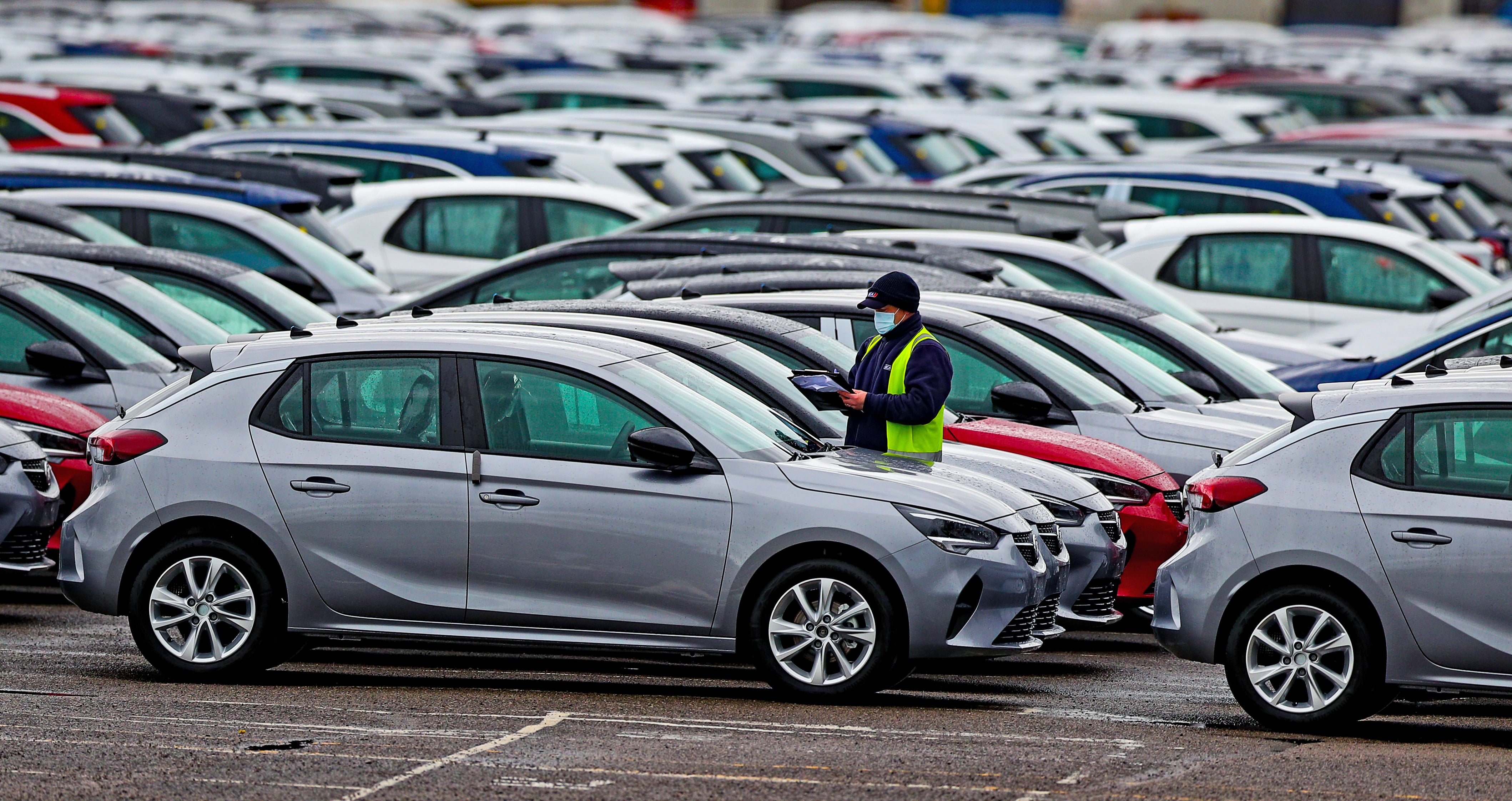UK car production sees ‘worst November performance since 1984’
November UK car production was the fifth consecutive month of decline, according to new figures.

Your support helps us to tell the story
From reproductive rights to climate change to Big Tech, The Independent is on the ground when the story is developing. Whether it's investigating the financials of Elon Musk's pro-Trump PAC or producing our latest documentary, 'The A Word', which shines a light on the American women fighting for reproductive rights, we know how important it is to parse out the facts from the messaging.
At such a critical moment in US history, we need reporters on the ground. Your donation allows us to keep sending journalists to speak to both sides of the story.
The Independent is trusted by Americans across the entire political spectrum. And unlike many other quality news outlets, we choose not to lock Americans out of our reporting and analysis with paywalls. We believe quality journalism should be available to everyone, paid for by those who can afford it.
Your support makes all the difference.UK car production saw the worst November performance since 1984 last month despite a surge in demand for battery electric vehicles.
The Society of Motor Manufacturers and Traders (SMMT) said November UK car production was the fifth consecutive month of decline, dropping 28.7% to 75,756 units, the worst figure seen in 37 years, as car makers continue to battle with a worldwide shortage of semiconductors.
It added the figure was also reflective of the closure of a car factory in the summer, which will impact year-on-year comparisons until next July.
With an increasingly negative economic backdrop, rising inflation and Covid resurgence home and abroad, the circumstances are the toughest in decades
Production for domestic vehicles declined 18.8% last month, while the figure for the overseas market fell by 30.4%.
But British production of battery electric, plug-in hybrid and hybrid cars took a record share, accounting for around a third of all cars made in November and more than a quarter over the year to date.
Battery electric vehicle output, in particular, was up in November by 52.9% to 10,359 units, hitting a new high of 13.7% of all production, more than double the level a year ago.
In the year to date, UK car plants have produced 797,261 units, some 432,794 fewer compared to 2019 and 667,441 off the five-year pre-Covid average.
Mike Hawes SMMT chief executive, said, “These are incredibly worrying figures, underscoring the severity of the situation facing the automotive industry.
“Covid is impacting supply chains massively, causing global shortages – especially of semiconductors – which is likely to affect the sector throughout next year.
“With an increasingly negative economic backdrop, rising inflation and Covid resurgence home and abroad, the circumstances are the toughest in decades.
“With output massively down for the past five months and likely to continue, maintaining cashflow, especially in the supply chain, is of vital importance. We have to look to the Government to provide support measures in the same way it is recognising other Covid-impacted sectors.
“The industry is as well prepared as it can be for the implementation of full customs controls at UK borders from January 1 but any delays arising from ill-prepared freight or systems will place further stress on businesses that operate ‘just in time’. Should any problems arise, contingency measures must be implemented immediately to keep cross-border trade flowing smoothly.”